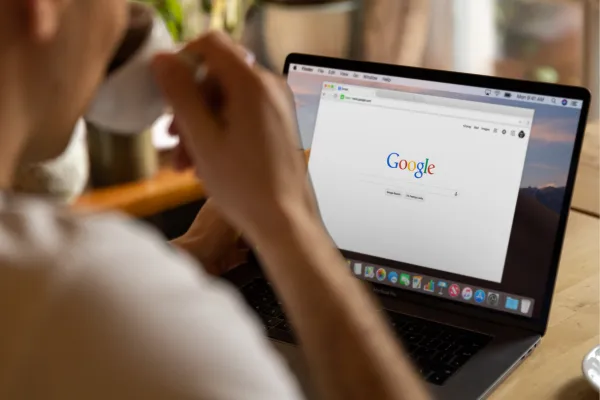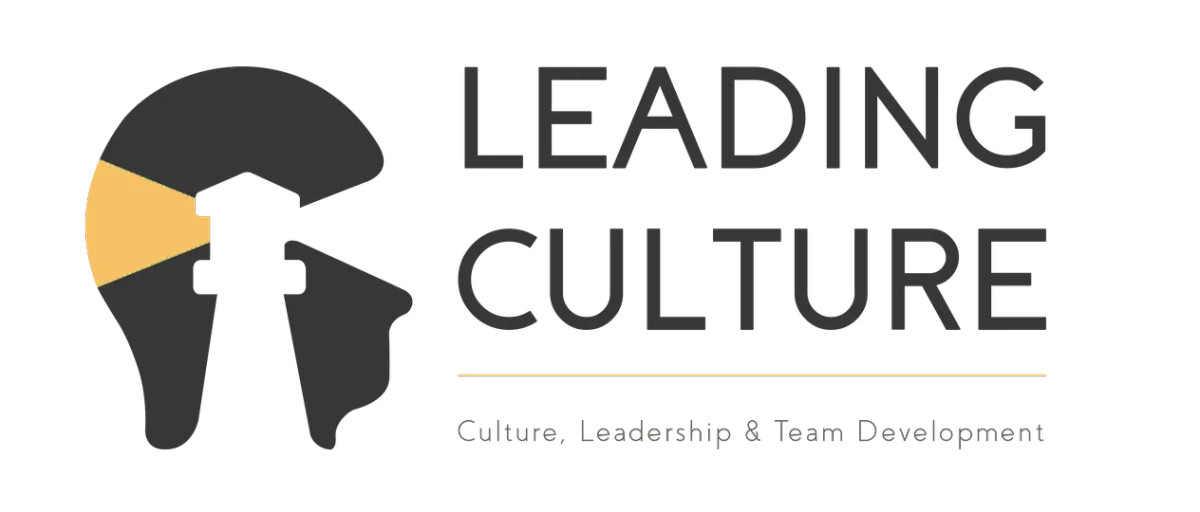
How Google’s AI Mindset Fuels Continuous Reinvention
How Google’s AI Mindset Fuels Continuous Reinvention
Google’s story isn’t just about search engines or ad clicks. At its core, it’s about how a tech giant built a mindset and culture that allows it to reinvent itself over and over. So when AI went mainstream, they were poised and ready.

Mindset Shift: From “Just Search” to “AI First”
Back when Google was mainly known for search, the founders recognized a deeper truth: algorithms and data aren’t just tools, they’re the foundation of what’s possible. Over time, Google shifted to a “machine-learning first” strategy, meaning AI and ML started driving everything from product design to user experience.
This shift wasn’t only technological; it was strategic and cultural. Google asked: “How can we use AI not just to improve what we do now, but to reimagine what we do next?”
Culture of Experimentation and Reinvention
Google encourages employees at every level to innovate from giving time for side projects, to fostering environments where failure is okay, to embedding feedback loops across teams.
For example, the famous ‘20% time’ policy (where employees spent a portion of their time on passion projects) helped launch products like Gmail and AdSense*. And the “ship and iterate” ethos means Google doesn’t wait for perfection, it launches, learns, and improves.
AI at the Core of Reinvention
Google didn’t just adopt AI for a few features. It embedded AI across its operations: search ranking (RankBrain), translation, image recognition, YouTube recommendations, and even internal workflows.
In one example from Google Cloud’s own blog they reported that 72% of media and entertainment organizations they surveyed were seeing compounding returns from generative AI initiatives, highlighting how culture + infrastructure + toolset combine to make AI real, not just hype.
Reinvention in Practice
When Google adopted ‘machine learning first,’ it rewrote how teams work, what they prioritize, and how innovation flows.
Google’s open-innovation approach helped Android explode by inviting the outside world in (millions of apps, massive developer ecosystem).
Even when Google faltered, such as early generative AI competition, its culture of reinvention means it has the chance to pivot, learn, and come back stronger.
Key Takeaways for Leaders
Mindset matters. Building an “AI-first” mindset means asking: What’s possible next? not just What’s better today?
Culture drives innovation. Infrastructure and tech help, but the right culture (experimentation, safety, feedback) is what sustains reinvention.
AI isn’t the destination, it’s the engine. Google shows that AI alone isn’t enough unless it’s tied to culture, process, and customer value.
Continuous reinvention beats one-time disruption. Google didn’t dominate overnight; it iterated, adapted, and rebuilt multiple times.
Sources
* 20% time has since morphed into initiatives such as Area 120 and Google Labs.


